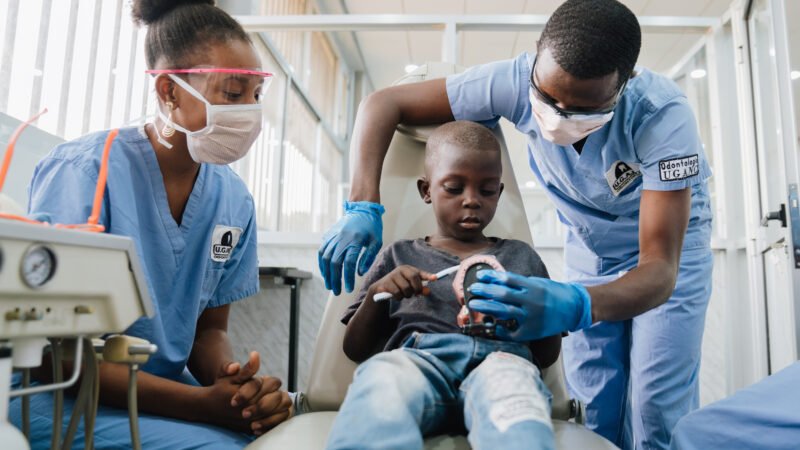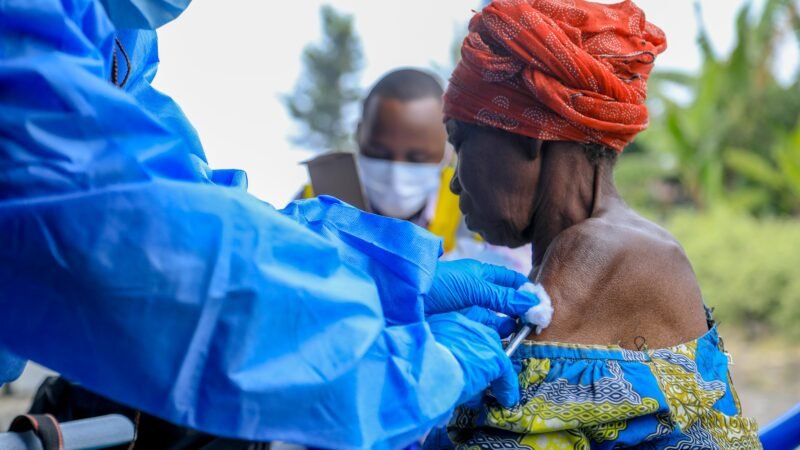Pandemic risks ‘surge’ in infectious disease deaths
by Patrick Galey
Poorer nations could see hundreds of thousands of additional deaths from HIV, tuberculosis and malaria as COVID-19 disrupts vital health services and access to life-saving treatment, new research warned Tuesday.
Modelling the impact in countries that will bear the brunt of the three diseases over the next five years, the study found that they could even see as many years of life lost from those illnesses as from the pandemic itself.
The team behind the research said it was vital for governments to ensure that people living with the three killers continued to have access to diagnosis and treatment even while health systems are stretched by COVID-19.
HIV, tuberculosis and malaria kill close to three million people every year, the vast majority in low- or middle-income countries despite the existence of cheap and effective treatment or prevention.
Dozens of countries are already reporting an increase in people avoiding health care facilities out of fear of contracting the virus, and the supply of medicines such as anti-retroviral treatments for HIV are stretched.
“In countries with a high malaria burden and large HIV and TB epidemics, even short-term disruptions could have devastating consequences for the millions of people who depend on programmes to control and treat these diseases,” said Timothy Hallett from Imperial College London and paper co-author.
For the study, which was published in the Lancet Global Health medical journal, the team looked at four different policy scenarios affecting the spread of COVID-19.
They then incorporated transmission models of HIV, tuberculosis and malaria to estimate the impact on heath services within the different scenarios over a five-year period.
The greatest impact was projected to be from interruption of anti-retrovirals for those living with HIV, with parts of southern Africa experiencing up to 10 percent more HIV deaths than would occur without COVID-19.
In the worst case scenario, screening and treatment for tuberculosis — still the world’s biggest infectious killer — could see deaths rise by 20 percent in southern Africa.
Malaria deaths linked to the interruption of mosquito net campaigns could surge by 36 percent if little is done to stem the spread of COVID-19 in high incidence countries.
Study co-author Alexandra Hogan said the pandemic risked destroying many gains made in malaria control over the past decade.
“Routine preventative measures must be prioritised, ensuring mosquito net distribution campaigns and (preventative) treatments, such as mass drug distribution, are maintained,” she said. (AFP)



